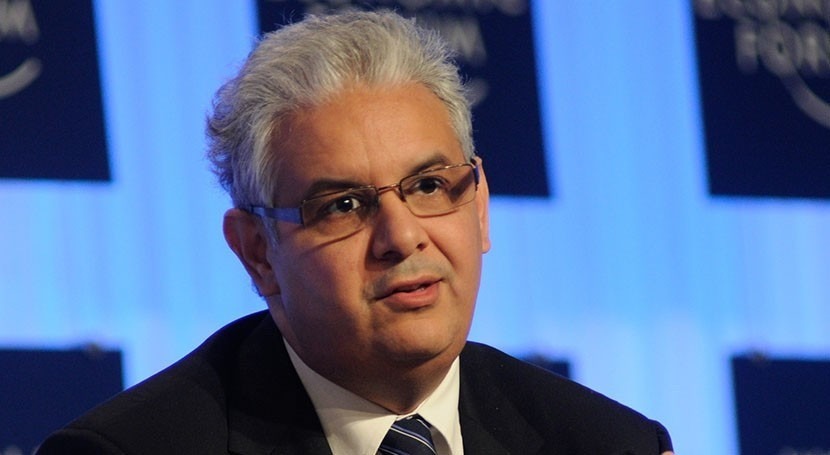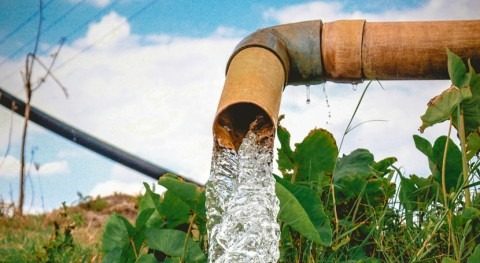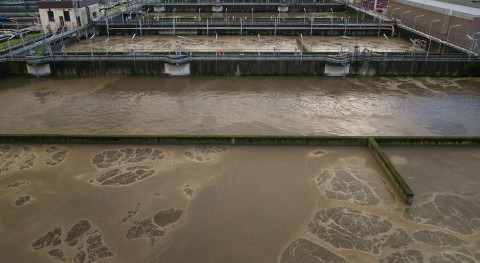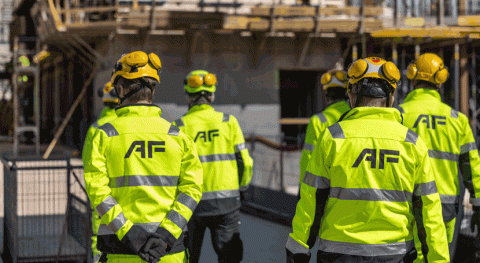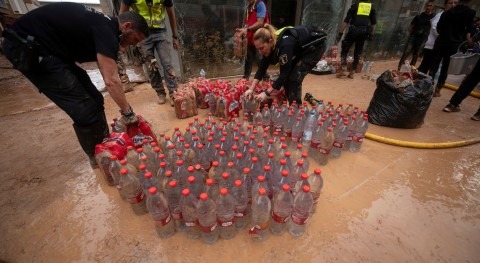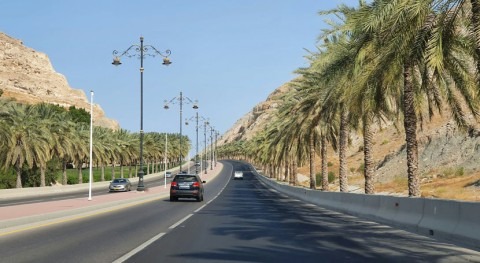Nizar Baraka, Morocco’s Minister of Infrastructure and Water, said on Tuesday that water desalination remains a priority for managing the water deficit, which has become structural, given the repercussions of global warming, MAP, Agence Marrocaine de Presse, reports.
Baraka added that by 2030, 50% of drinking water supply will be provided by desalination, pointing out that the government has put in place a plan to build several desalination plants in order to reach a production level of 1.4 billion m3 by that date.
The Minister also specified that OCP will be responsible for desalinating 560 million m3, stressing that 500 million m3 of water will be used for agriculture, while the remaining volume will be used to supply drinking water to citizens.
According to the government plan, coastal towns will be equipped with desalination plants, as part of a partnership between the public and private sectors, which means that they will not benefit from dam water that will be used to meet the needs of inland towns and rural areas, as well as for irrigation.
The Minister also explained that, to tackle the problem of water stress, the government has adopted an approach based on solidarity between coastal and inland towns, by extending drinking water supply channels and relieving pressure on dams, whose water will be destined for inland regions, the rural world and the agricultural sector.


